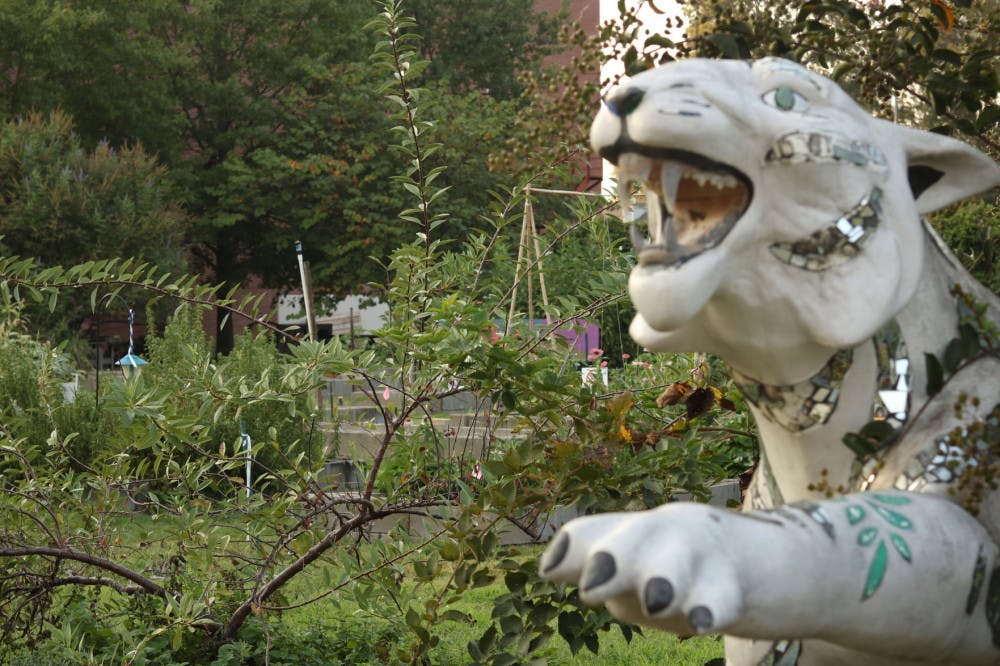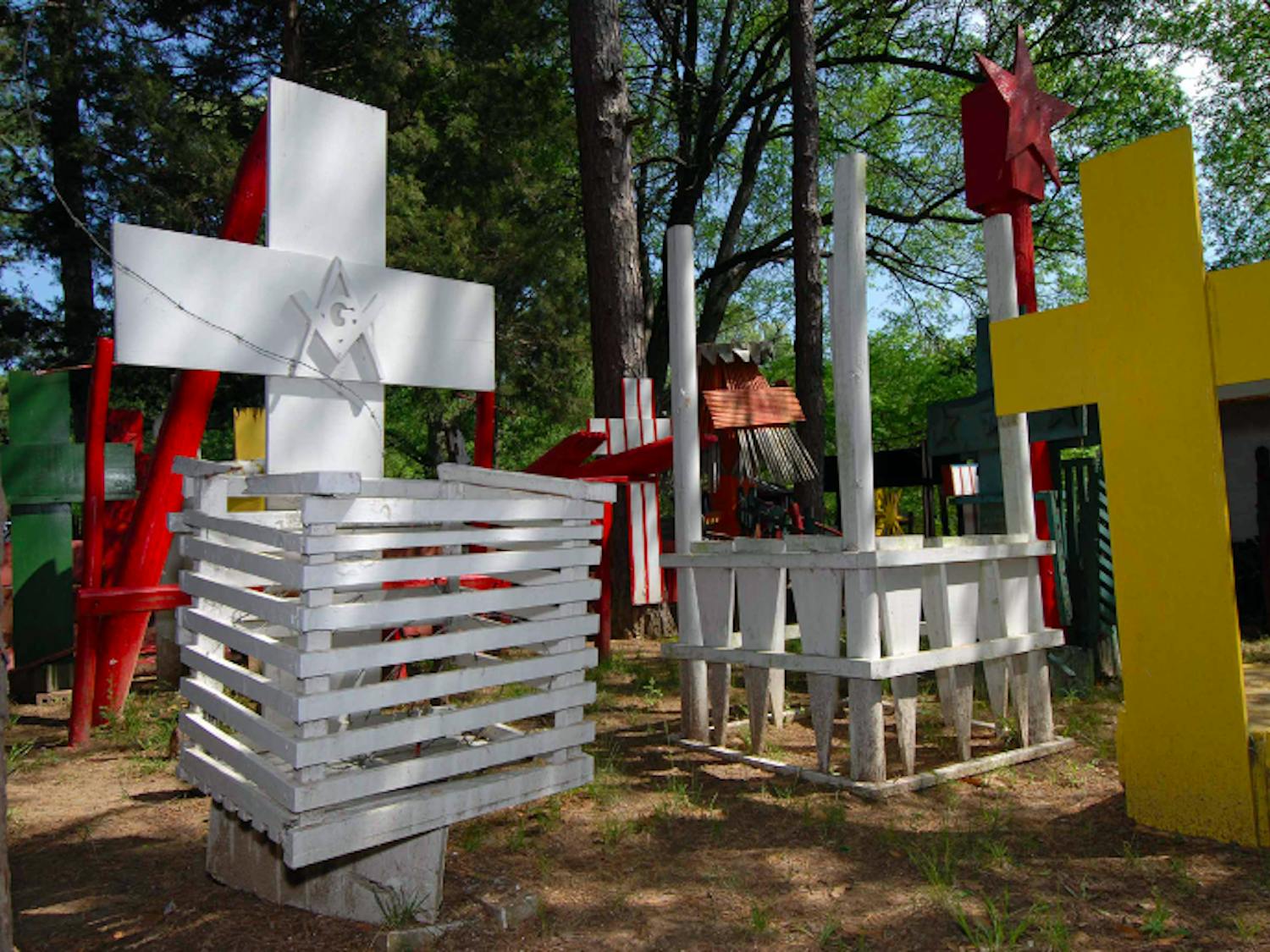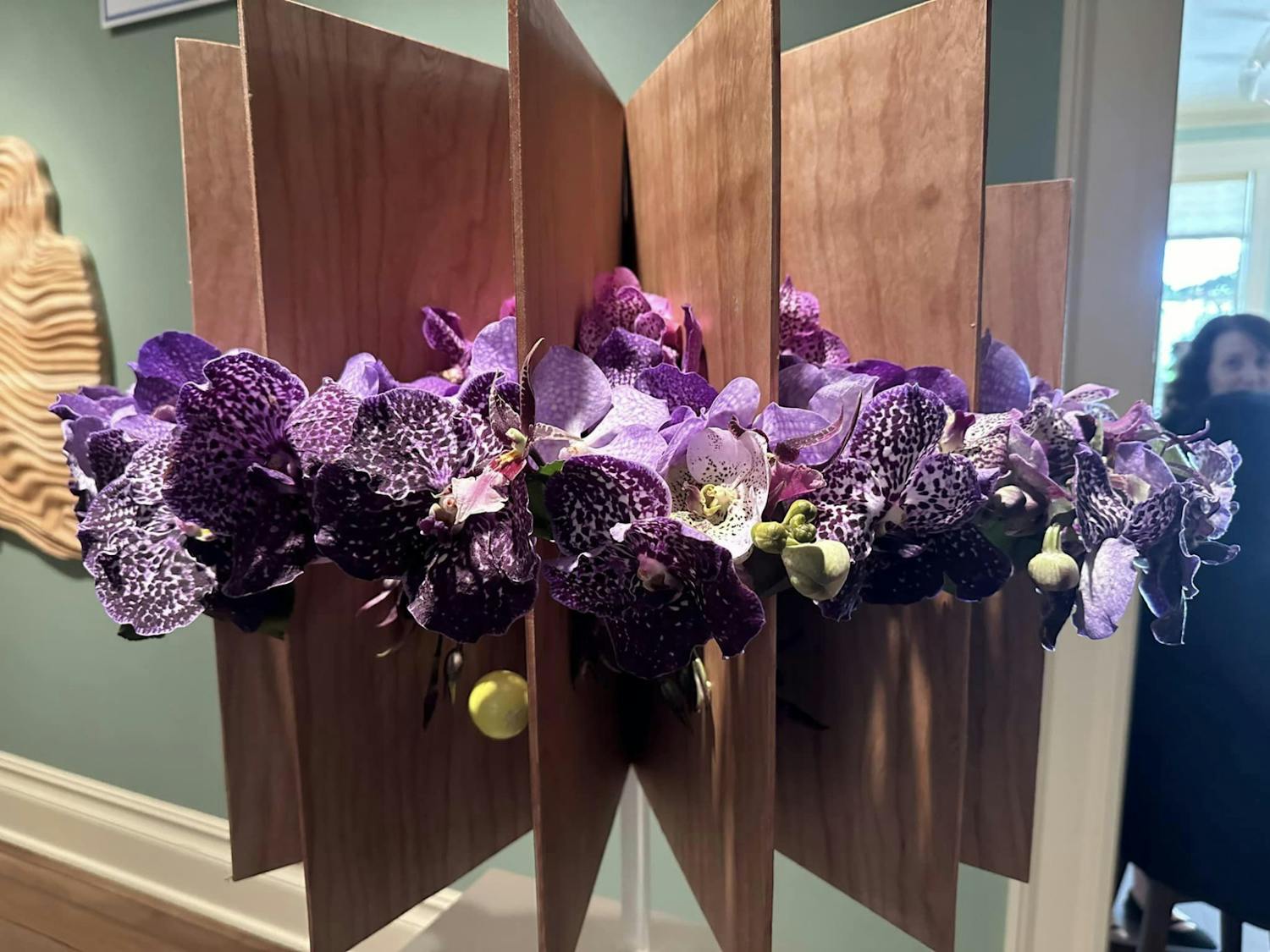Students interested in contributing to an eco-friendly environment may be interested in Tiger Blue Goes Green, a University of Memphis department responsible for plans such as the Tigers Initiative for Gardening in Urban Settings (TIGUrS) and the Tiger Bike Share Program.
The UofM has a department dedicated to sustainability that rolls out new plans for helping the campus go green. One of the most notable initiatives on campus is the TIGUrS garden behind the Elma Roane Fieldhouse.
Karyl Buddington is the UofM’s animal care facility director, as well as the initiator of the TIGUrS garden program here on campus. Along with a variety of fresh produce free for students to harvest when ripe, the garden has brought numerous animals to campus.
“We have a population of red headed woodpeckers,” Buddington said. “It’s really nice. You don’t really see them anymore.”
Buddington said although the UofM is a campus in an urban city of over one million people, it is recognized as an arboretum and wildlife habitat.
“I think as people walk around campus, one of the things they will notice is that our campus is quite lovely,” Buddington said.
Megan Farrell, a member of the Tiger Blue Goes Green group, painted the mural near the TIGUrS garden. She said the university does not prioritize the well-being of the environment.
“It was a couple years ago that they tried to get rid of the garden and put a parking lot there.” Farrell said. “We had to sign petitions and get students to fight that, but I don’t think that needed to be brought up. That is something that shouldn’t have had to be negotiated.”
Although there are initiatives to help improve the sustainability of the UofM, Amelia Mayahi, the sustainability manager of the department, said the administration itself has run into budgeting issues. Mayahi also said the sustainability department is made up of all students and herself.
“Students are great, and I love having students on board,” Mayahi said. “It’s difficult to have continuity in our projects because I’ll have students for a year or a semester, then you have this turnover and you find yourself spending more time training than actually doing work.”
Another initiative is the Tiger Bike Share Program, which aims to cut down on pollution from fossil fuels. The Tiger Bike Share Program allows students, faculty and staff to traverse campus in a cost-effective, environmentally friendly way. The Tiger Bike Share Program, currently located in room 108 of the Hudson (Student) Health Building, allows anyone to rent a bike for $35 each semester, which includes free maintenance on the bikes. To further encourage students to ride bikes and reduce their carbon footprint, the program also gives them free maintenance on their personal bicycle using their UofM ID.
Art Johnson, a member of the sustainability program and operator of the bike program, said the bikes have received positive acclaim.
“For the people who have found it and use it, it [the response] has been very positive,” Johnson said.
The UofM’s sustainability program is among the most environmentally friendly campuses in Tennessee, given the resources provided. The university also has a green fee committee founded by a group of students in 2007 to ensure progress towards a more sustainable campus. The green fee committee pulls $10 from the tuition of all full-time students at the UofM, which goes towards offering grants that encourage progress in sustainability.
“I have had multiple universities get in touch with me asking how we keep our garden going, and it’s because the students left a long-lasting gift,” Buddington said. “Not only did they get an education here, they left things [the Green Fee] for other people.”
While the green fee is a great place to start with sustainability, it is not a stable way of funding a sustainability office on campus.
“To me you have to have a home and a face for sustainability.” Mayahi said. “There has to be a place centralized on campus for that, and that’s what I really want this office to be - that’s why I want funding for this office.”
Along with the push for funding from the University and not the Green Fee, Mayahi hopes to bring in full time employees.
The TIGUrS Urban Garden is one of the things the University of Memphis funds to promote the environment on campus. Tiger Blue Goes Green hopes to cut fossil fuel emissions with many of their efforts.
The TIGUrS Urban Garden is one of the things the University of Memphis funds to promote the environment on campus. Tiger Blue Goes Green hopes to cut fossil fuel emissions with many of their efforts.
The TIGUrS Urban Garden is one of the things the University of Memphis funds to promote the environment on campus. Tiger Blue Goes Green hopes to cut fossil fuel emissions with many of their efforts.




